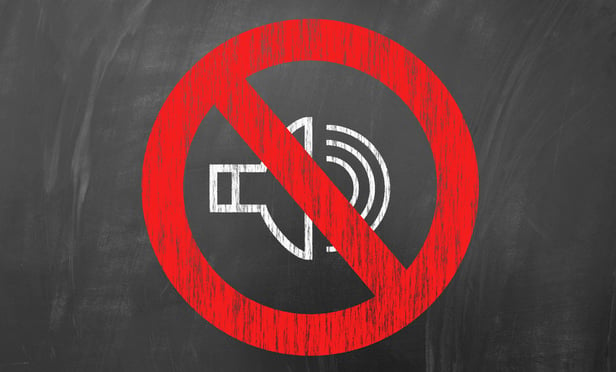Corporate counsel have traditionally favored arbitration clauses in consumer and employee contracts. This preference is largely based on the perception that an arbitration clause precludes the dreaded class action. Unfortunately, unless your agreement specifically states that class actions are not permitted, that perception may be wrong. Many courts have held that arbitration clauses that are silent on class actions—but which incorporate the American Arbitration Association rules—will permit an arbitrator (rather than a court) to decide the critical threshold question of whether a class action can proceed in arbitration. If that were not bad enough, there is little meaningful judicial review of such a decision by an arbitrator.
In Stolt Nielsen v. Animalfeeds International Corporation, the U.S. Supreme Court ostensibly held that imposing class arbitration on parties who had not agreed to authorize it is inconsistent with the FAA. 559 U.S. 662 (2010). The Court held that “class action arbitration changes the nature of arbitration to such a degree that it cannot be presumed the parties consented to it.” 559 U.S. 685. The Court described “fundamental shifts” that occur when bilateral arbitration is transformed to class arbitration, including raising the stakes to be similar to class action litigation except with a “much more limited” scope of judicial review. You might reasonably assume, therefore, that the United States courts would require that parties explicitly agree to class action arbitration before they could be subject to one. Not so.
This content has been archived. It is available through our partners, LexisNexis® and Bloomberg Law.
To view this content, please continue to their sites.
Not a Lexis Subscriber?
Subscribe Now
Not a Bloomberg Law Subscriber?
Subscribe Now
LexisNexis® and Bloomberg Law are third party online distributors of the broad collection of current and archived versions of ALM's legal news publications. LexisNexis® and Bloomberg Law customers are able to access and use ALM's content, including content from the National Law Journal, The American Lawyer, Legaltech News, The New York Law Journal, and Corporate Counsel, as well as other sources of legal information.
For questions call 1-877-256-2472 or contact us at [email protected]



